(Winthrop, Massachusetts, December 5, 2013) When are we going back? Where are we going next? These are questions we’ve asked ourselves many times since our Road Scholar Wild Africa Program. Something magical happened during our journeys through Botswana, Zimbabwe, and Zambia – magic that touched all of us; magic we all want to recapture.
Part of the magic is no doubt Africa itself. The wild animals we saw daily, so much that we almost took them for granted. Sure, we thought, we’ll see a few dozen elephants, giraffes, and zebras tomorrow. Of course, those are monkeys scampering across the roofs of our cabins at night.
But the magic of a Road Scholar program goes beyond any single location. We were welcomed into the villages and homes of the people we met, but we’ve always been invited into people’s homes everywhere Road Scholar takes us. Our guides, and the organization’s reputation, ensure that.
Watch the Road Scholar Wild Africa Program in Action! Click on the link below:
Road Scholar YouTube: Wild Africa Video
We were out in the wilds of Africa every day, yet we always came home to accommodations that were way more comfortable than we thought we’d see in places called “camps.” Real Africa – wild animals, village life, and spectacular scenery – was right outside our doorsteps. But what doorsteps they were.
And we’ve stayed in touch. Our group has its own Facebook page, where we share photos, stories, and memories, even two months after our program. Old friends became closer, strangers became new friends, and our friendships grew to include the schoolchildren we met. Beginning next year, they’ll study in classrooms renovated with our donations.
We saw lions and water buffalo. But Road Scholar could just as easily take us to Costa Rica’s giant tortoises and tree frogs. We stayed in camps, but we could also sleep in a French Colonial hotel in Saigon, a Queen Mary stateroom, or a trailside lodge near Zion National Park.
And we’ll see each other again, either by design because we’ll plan future travels together, or by chance, since so many Road Scholars come back again and again for the magic we know we’ll find on every program. And when we’re not traveling, we’ll often ask the Road Scholar question: Where are we going next?
Continue the adventure of our Road Scholar Wild Africa program by reading Sally Hensel’s blog at:
http://blog.travelpod.com/travel-blog-entries/sallykhen/2/1380185035/tpod.html
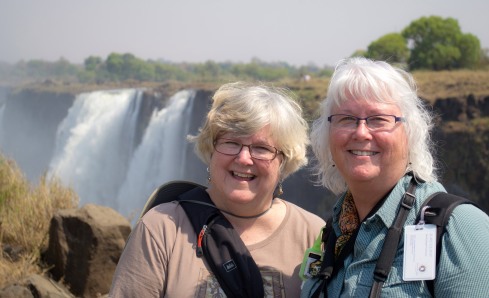
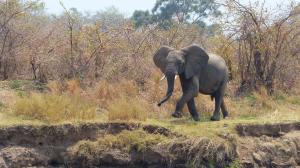
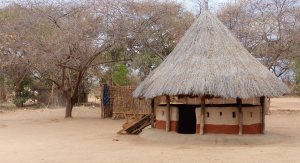
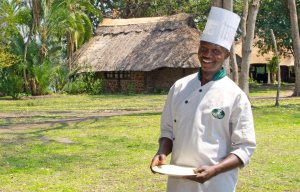
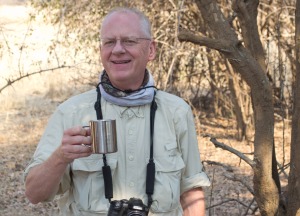
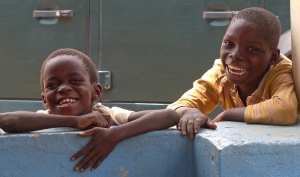
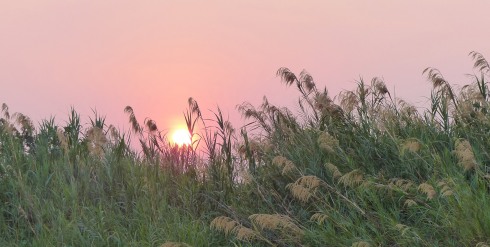
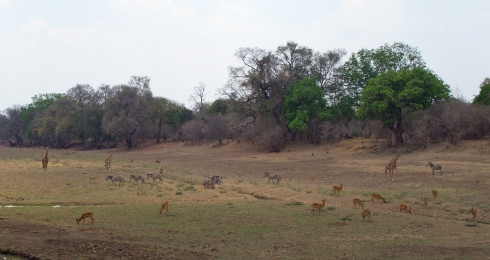
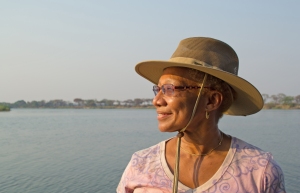
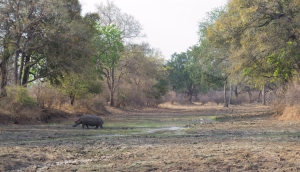
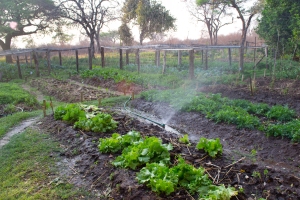
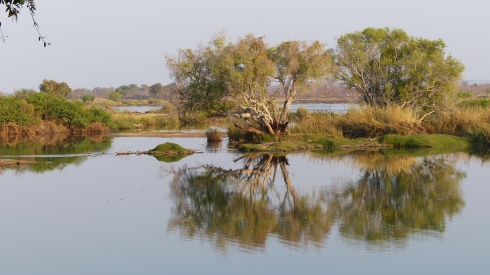
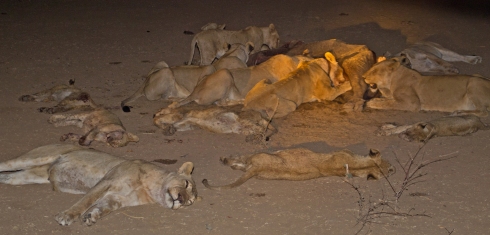
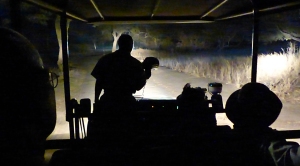
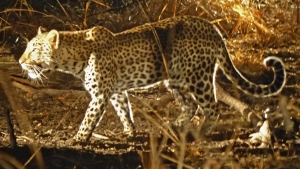
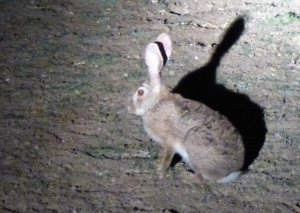
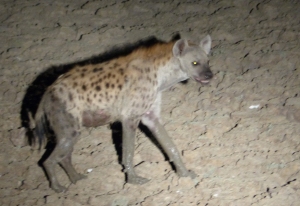
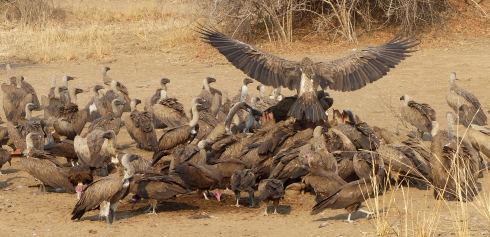
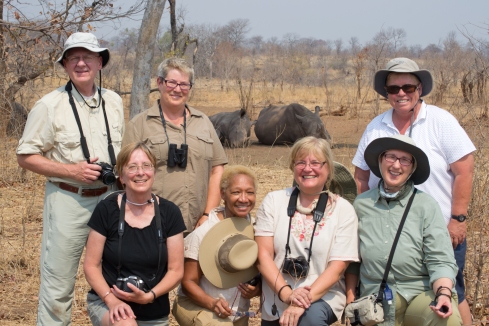
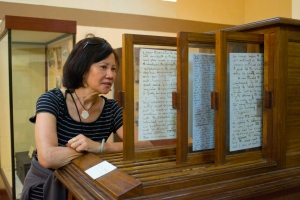
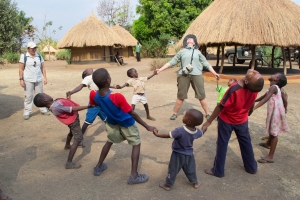
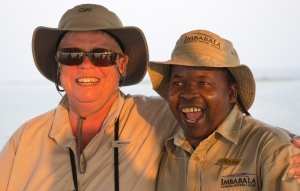
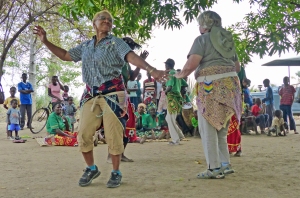
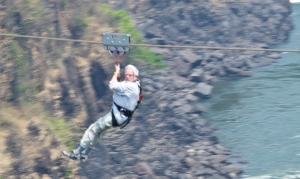
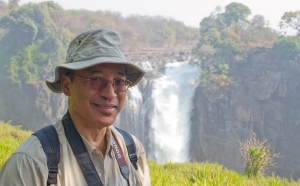
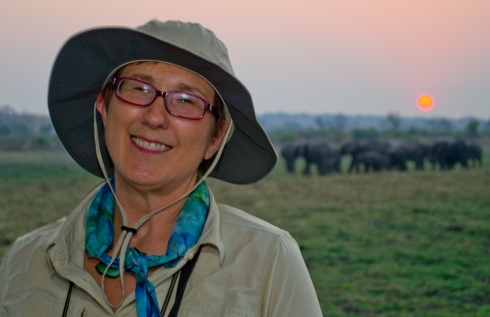
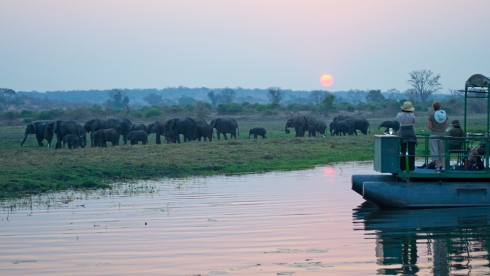
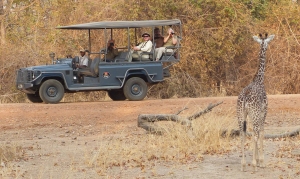
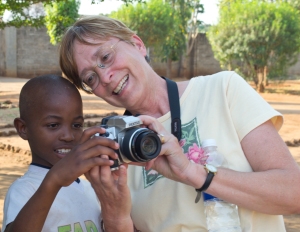
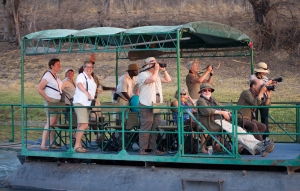
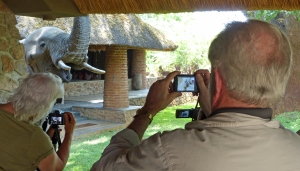
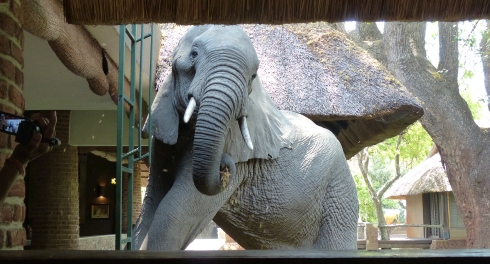
Recent Comments